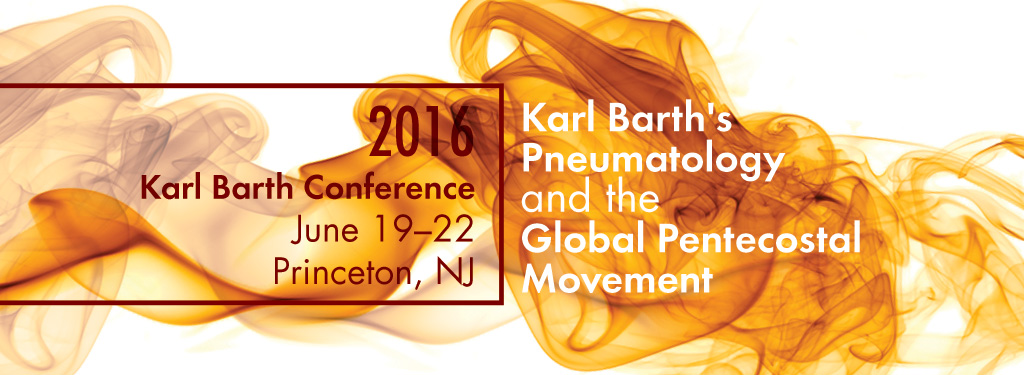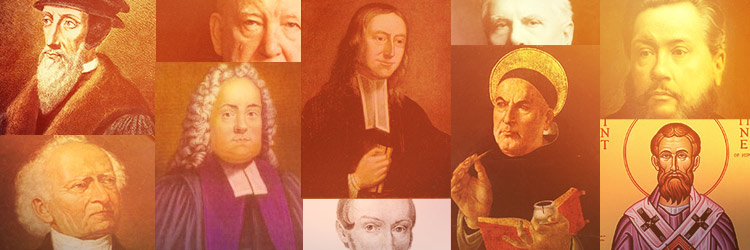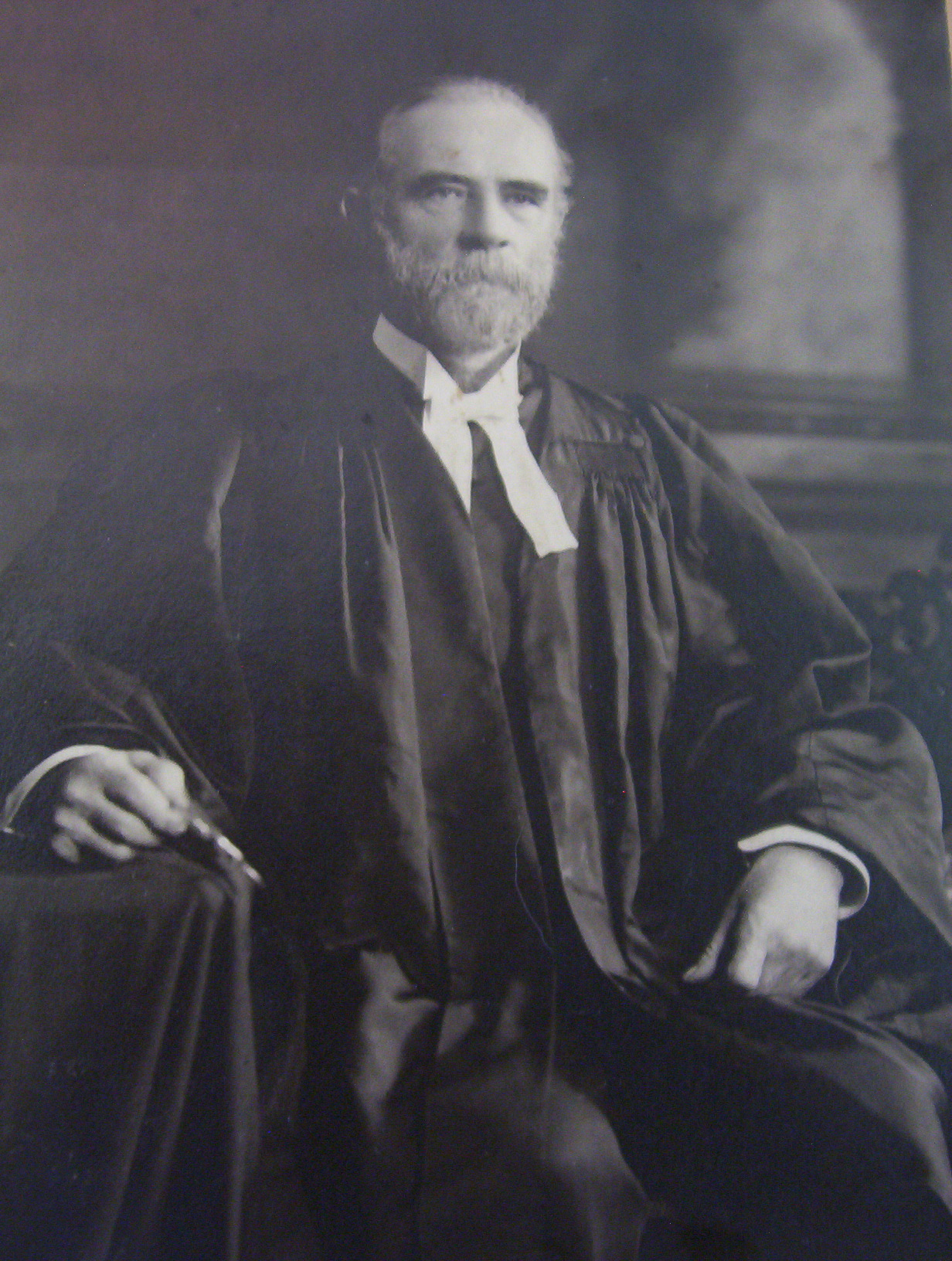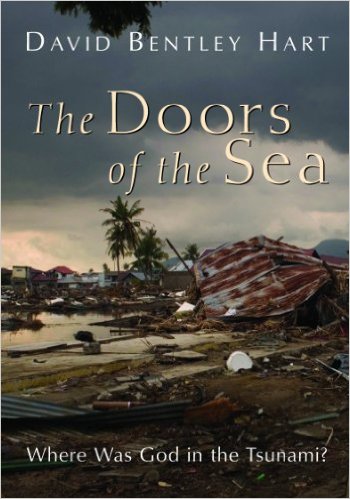 James 2:10-11
James 2:10-11
For whoever keeps the whole law but fails in one point has become accountable for all of it. For the one who said, ‘You shall not commit adultery’, also said, ‘You shall not murder.’ Now if you do not commit adultery but if you murder, you have become a transgressor of the law.
Here James defends his earlier assertion that those who practise partiality are “transgressors” (parabatai), which as we have seen, was a loaded and possibly offensive accusation for a Jewish audience. Whereas in verses 8-9 he uses direct address (“If you…” – second person plural), here he shifts to third person singular with the subjunctive to indicate a hypothetical situation: “For whoever keeps the whole law but fails in one point…” (Hostis gar holon ton nomon tērēsē ptaisē de en heni).
James assumes that his listeners in the messianic congregation are, like himself, Torah observant, aiming to “keep” the law as an expression of the divine will, to practise it, and to guard it from violation. His emphasis on the whole law was typical in Judaism and in at least some sectors of the early church. Jesus taught that “not an iota, not a dot” in the law can be overlooked, and even the “least of these commandments” must be kept (Matthew 5:18-19). So, too, Paul noted that the obligation of one who accepted the law was to the whole law (Galatians 5:3). Behind this sense of the unity of the law is the unity of the one lawgiver (James 4:12). The will of the one God is expressed in the one law, of which each command and instruction is a constituent part. Therefore to fail in one point—in this case, the command against partiality (Leviticus 19:15), itself a part of the love command which is the centre and sum of the law’s requirement—is to “become accountable for all of it” (gegonen pantōv enochos). Simply put, because the law is the singular expression of the will of God, to stumble or falter in one aspect of it, no matter how small or insignificant, is to become answerable or liable (enochos) to the whole law.
James extends his explanation with a specific illustration in verse eleven. “For the one who said, ‘You shall not commit adultery’, also said, ‘You shall not murder’” (Ho gar eipōn, Mē moicheusēs, eipen kai, Mē phoneusēs). The first point to note here is James’ conviction that God has spoken his commandments, specifically these commandments found in the so-called second table of the Decalogue. As such, the commandments are the expressed will of God. Second, although the commandments are in themselves distinct, they express the one will of the one God. Third, we note that James has here reversed the order of the sixth and seventh commandments, though this reversal is probably insignificant (cf. Paul in Romans 13:9; and Luke’s report in 18:20). More interesting is why James chose to illustrate his point with these particular commands. The on-going relevance of the Decalogue for the New Testament church, and especially the “second table” is undoubted, and as we have already noted, the commands against murder and adultery are specifically mentioned multiple times by different authors. In Jesus’ list of antitheses, these two commands occupy pride of place, although in their usual order (see Matthew 5:21-30). James will also allude to both commands again in chapter four, verses two and four:
You want something and do not have it; so you commit murder. … Adulterers! Do you not know that friendship with the world is enmity with God?
In this text, at least with respect to adultery, James uses it as an analogy for his hearers’ relation to God. Spiritually speaking, they are adulterers. Is James similarly accusing them metaphorically, of murder? Certainly there are disputes, quarrels and disunity among them, which Jesus insisted was a violation of the seventh commandment (Matthew 5:21-26). It may be that James is extending the analogy that Jesus has already drawn: just as anger and insults constitute a violation of righteousness indicated in the murder command, so any failure to love one’s neighbour is a similar violation.
“Now if you do not commit adultery but if you murder, you have become a transgressor of the law” (Ei de ou moicheueis phoneueis de, gegonas parabatēs nomou). Thus, the violation of the law at a single point—here the love command—makes one a transgressor. For James, obedience to the law is an all-or-nothing proposition, and his hearers’ partiality against the poor has rendered them guilty before God.
Two final points are needed here lest I leave a wrong impression. First, James is making a rhetorical point here in order to accuse his hearers and hopefully stimulate a change of their behaviour with respect to the poor. Thus, his reference to keeping the “whole law” must be understood in terms of the illustration he is giving, rather than as a theological point in which he insists that Christians must keep the whole Mosaic law, including the ceremonial detail and so on (see my comment on 1:25 and 2:8 where I explore James’ understanding of the ongoing relevance of the law in the life of the messianic congregation). Second, James is not commending a heroic spirituality of moral perfectionism. He knows as well as any that such perfection is impossible. While he insists on ethical rigor with respect to our relation to God’s will, he is also aware that it is only by grace that we stand in the presence of God (4:6-10), and that we remain ever in need of God’s forgiveness which thankfully, is also freely offered (5:16-20).





